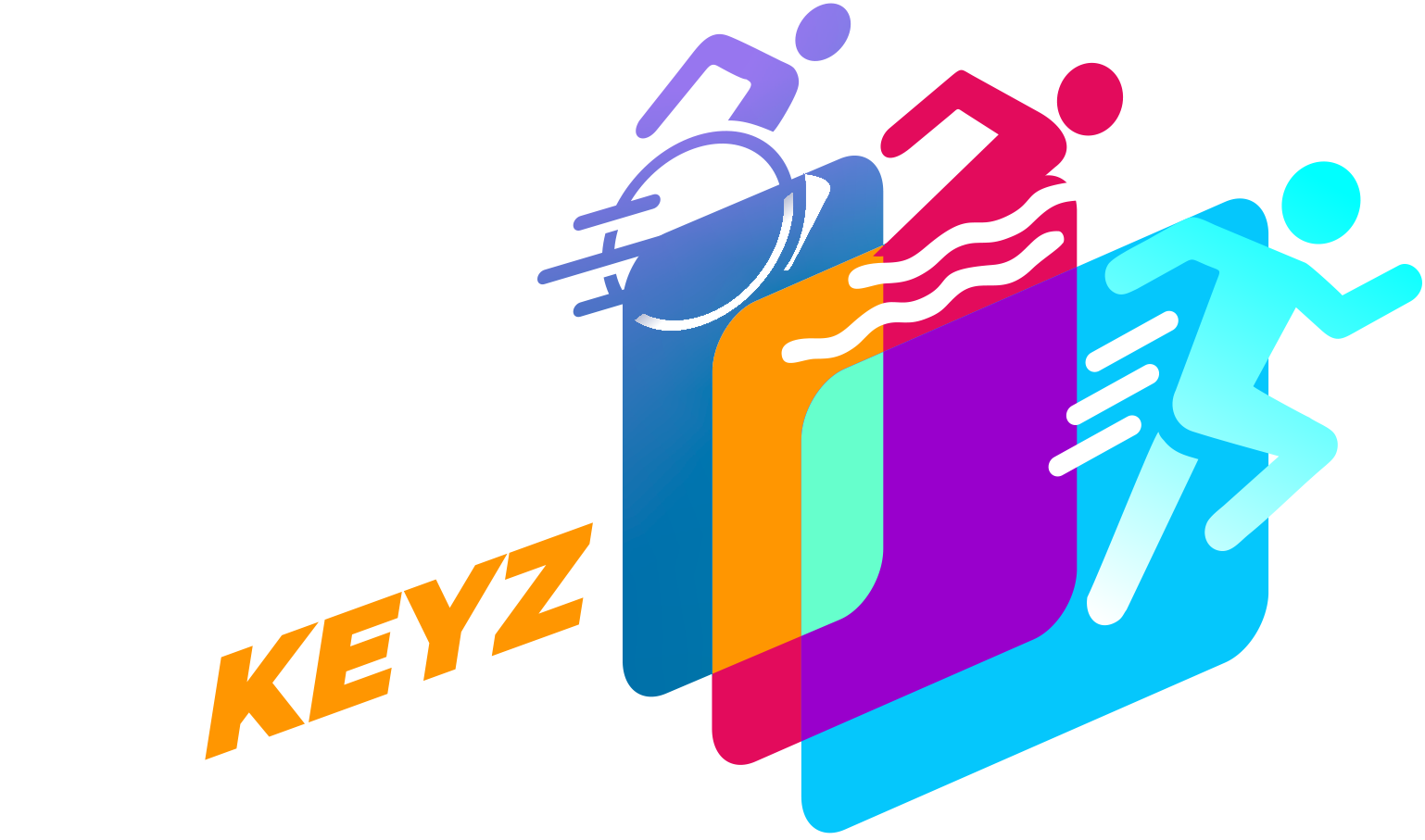Why Blockchain Isn't the Right Fit for SportsKeyz
- SporTech Innovation Lab Tech Team

- Feb 17, 2024
- 2 min read

In the quest to revolutionize the management of athletes' digital identities and documents, numerous technologies have been evaluated by us, for their potential to secure, streamline, and enhance the user experience. Blockchain, with its decentralized nature and robust security features, initially appears as a promising candidate. However, upon closer examination, it becomes evident that blockchain technology may not align perfectly with the objectives and operational framework of SportsKeyz™️. This article goes deeper into the reasons behind this decision, shedding light on the intricacies of choosing the right technology to empower athletes worldwide.
Scalability and Speed
Blockchain technology, known for its security and transparency, faces significant challenges regarding scalability and transaction speed. Given the ambitious goal of SportsKeyz to cater to a vast number of athletes across various levels and disciplines, the platform requires a technology that can handle high volumes of transactions and data updates swiftly. Blockchain networks, especially those that are fully decentralized, can experience slowdowns as they grow larger, which could hinder the real-time updating of athlete profiles and document verifications, essential for a seamless user experience.
Cost Efficiency
Operating a blockchain network incurs substantial costs, particularly with public blockchains where transactions require fees to be processed. For a platform like SportsKeyz, which aims to offer its core services for free in perpetuity, incorporating a technology that imposes financial burdens on its operations contradicts its mission. The platform seeks cost-effective solutions that allow for the expansion and enhancement of services without imposing additional costs on users or compromising on functionality.
Complexity and User Accessibility
Blockchain technology introduces a layer of complexity in terms of user interface and interaction. SportsKeyz is committed to providing a platform that is accessible and easy to use for athletes, guardians, and coaches, regardless of their technical expertise. Introducing blockchain could potentially create a steep learning curve, detracting from the platform's goal to simplify and demystify the process of managing sports identities and documents.
Centralized vs. Decentralized Control
The decentralized nature of blockchain offers benefits in terms of security and data integrity but also removes a central authority that can quickly address disputes, make updates, or refine policies. For SportsKeyz, maintaining a certain level of centralized control is crucial to ensuring the platform remains responsive to the needs of its users, can rapidly implement improvements, and maintain governance over data standards and privacy regulations.
Data Privacy Concerns
While blockchain can enhance data security, its inherent transparency and immutability raise concerns regarding sensitive data privacy. SportsKeyz prioritizes the confidentiality of athletes' personal information and documents. The platform seeks technologies that allow for both secure storage and the selective sharing of data, ensuring that privacy settings can be adjusted and controlled directly by the users.
Conclusion
The decision to not employ blockchain technology in the development of SportsKeyz is rooted in a comprehensive analysis of the platform's goals, the technology's characteristics, and the needs of its users. It underscores the importance of choosing a technological foundation that aligns with the platform's mission to provide secure, efficient, and user-friendly digital identity and document management for athletes. As SportsKeyz continues to evolve, it remains open to exploring and integrating technologies that complement its vision to empower athletes worldwide, ensuring that every decision contributes to an inclusive, accessible, and effective sports management ecosystem.




Comments